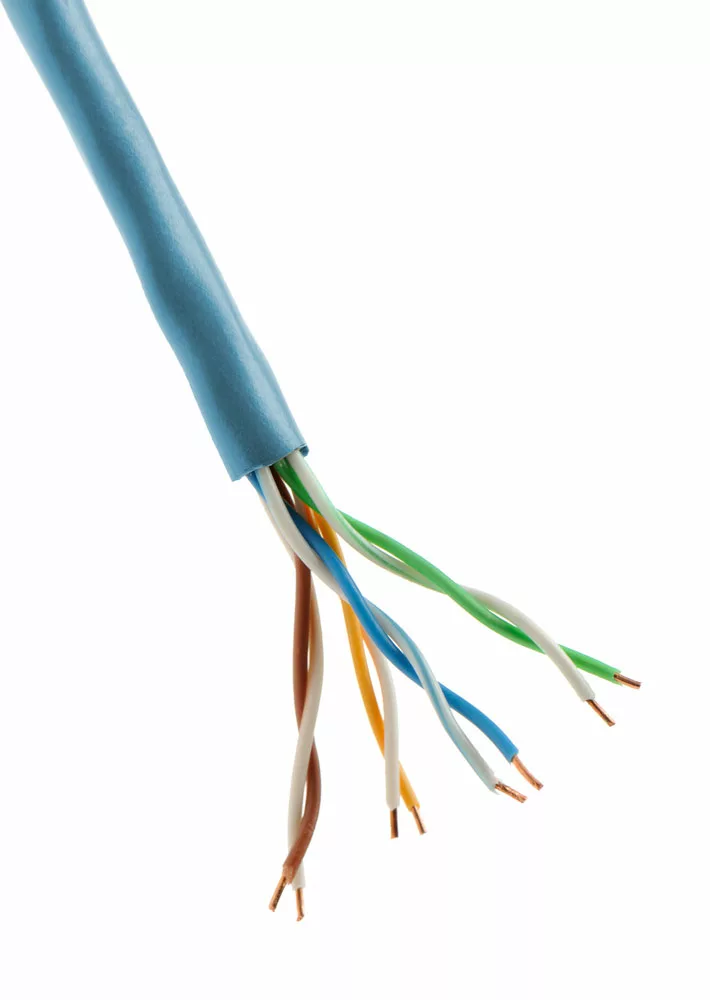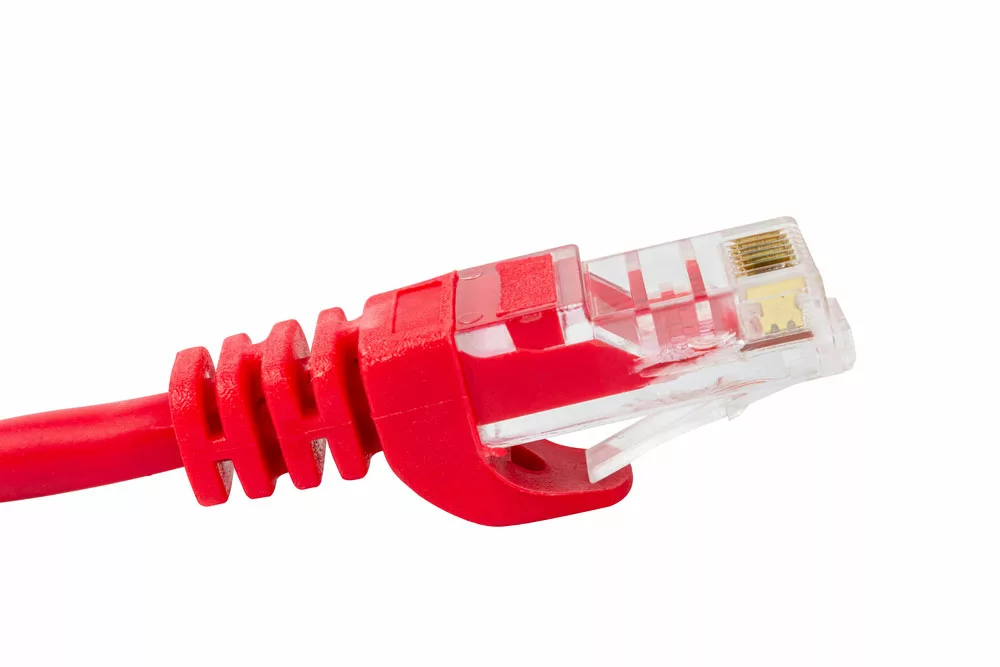About What does CAT7 ethernet cable mean? Choosing the right ethernet cable for your installation can be a hurdle.
After all, there are many types of ethernet cables, each with varying capabilities, including transmission speed, the maximum distance the cable can transmit data, etc.
It would be best if you had a cable that’s compatible with your needs.
The Cat7 is one example of an ethernet cable that offers superior compatibility. What does Cat7 ethernet cable mean? This article answers that question.
Table of Contents
- What are Cat7 Ethernet Cables?
- Cat7 Ethernet Cable Speed
- Cat7 Max Length
- CAT7 Connectors
- Using CAT7 Cable
- Conclusion
What are Cat7 Ethernet Cables?
Cat7 cables belong to the family of twisted pairs primarily used for ethernet connections at home or any business place.
ISO/EIC are international IT security standards that specify the application of cabling systems. Being an ISO/IEC 1181, the Cat7 is ideal for general-purpose telecommunication systems, which means you can use them in a residential setup or even factory use.
Therefore, the cable has a broad application range in areas requiring high-frequency connections.

Twisted wire pairs
Cat7 Ethernet Cable Speed
Cat7 has a max speed of 10Gb at frequencies up to 600MHz, which improves on previous categories, Cat6.
Its wires have a tighter twist ratio. Also, shielding protects the cable from electromagnetic interference (EMI) effects, such as signal degradation, during transmission.
The structure of Cat7 ethernet cables is S/FTP, which has a dual shielding design. In other words, each wire is wrapped in shielding and an overall shielding layer.
Cat7 Max Length
When it comes to the length, it goes hand in hand with the signal quality. Thus, the shorter the distance you run the cable, the better the signal transmission you can expect.
To transmit 10Gbps@600MHz, the maximum distance the Cat7 can transmit data is 100 meters (328 feet), the same as that of Cat5e, Cat6, and Cat6a cables.
This cable length comprises a 90-meter backbone cable and patch cables that measure 10 meters on the cable’s ends.
So, 100 meters or less is how far you should run your cable. Otherwise, you risk causing signal issues and attenuation.
Also, for the cable to transmit 10Gbps of data over the maximum 100-meter length, you’ll need to use the appropriate cable terminations.

RJ45 connector on ethernet cable
CAT7 Connectors
Typically, the connectors you’ll use for terminating Cat7 cables are 8P8C GG45 and TERRA.
The GG45 has four extra contacts that can support the high speed of the Cat7 cables without breaking the signal. Also, it works well with the typical 8P8C RJ45 plug.
So, when working with bulk Cat7 cables, you must consider the compatibility of the connectors because there’s no specific connector built for this function.
You have to look into TERA connectors in the US since Cat7 is an ISO/IEC standard.
Luckily, Cat7 patch cables come pre-terminated, and you can use them for plug-and-play applications.
Using CAT7 Cable
Because of the similarities between the Cat7 to Cat6a cables, it’s easy to get confused between the two cables when choosing.
After all, the Cat6a can also transmit 10GBs over a distance of 100 meters.
But, we recommend using Cat6A patch cables instead of pre-made Cat7 cables because you can use an unshielded cable for residential use and apply a shielded cable for more reliable performance.
After all, Cat7 patch cables may fail to achieve Cat7 performance unless they are from a reliable dealer.
But if you need Cat7, opt for the Cat7a rather than the Cat7.
Being double shielded with more braid coverage, the Cat7a cable offers double the frequency (1000MHz) of the Cat7.
You can use up to 328 feet, giving you higher frequencies and 10Gb.
Conclusion
So, what does Cat7 ethernet cable mean? These cables can achieve a high transmission bandwidth of 10Gbps@600MHz over a longer distance of up to 100 meters.
However, it is from an uncommon standard, making the cable not an excellent choice for your ethernet installation.
For any help regarding cables, contact Cloom, which manufactures various cable assemblies and wiring harnesses.
